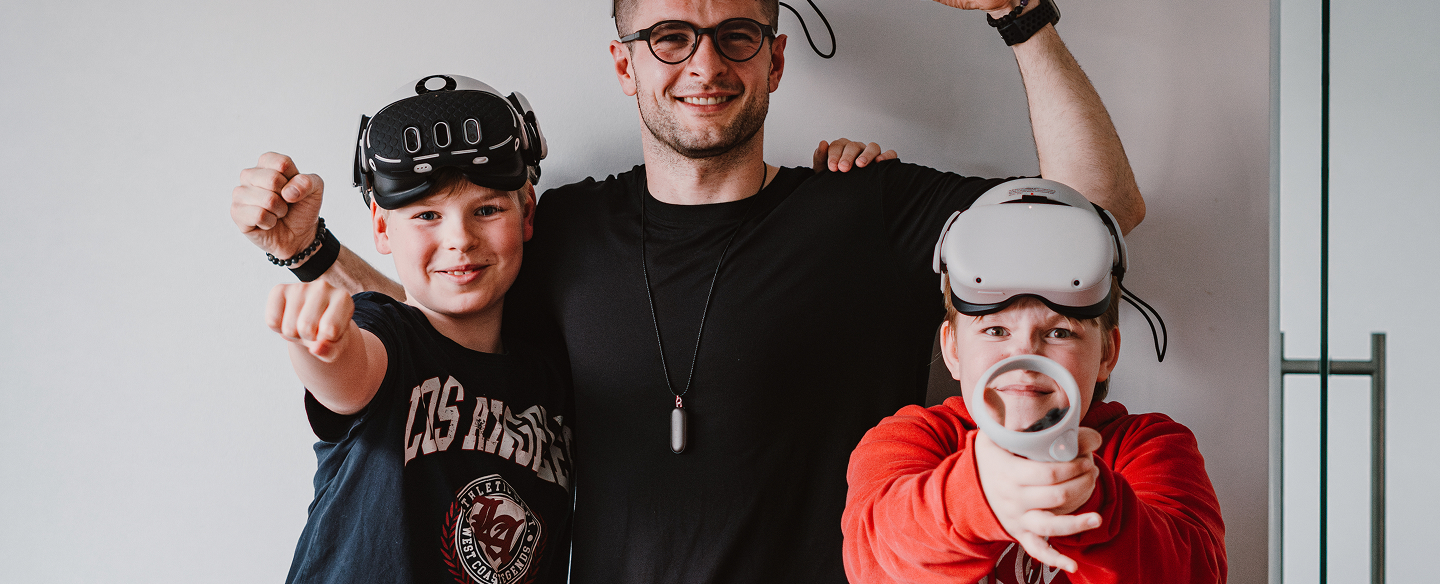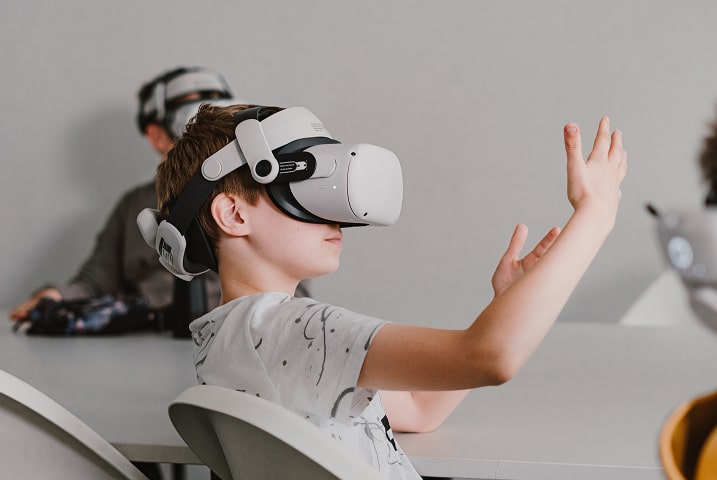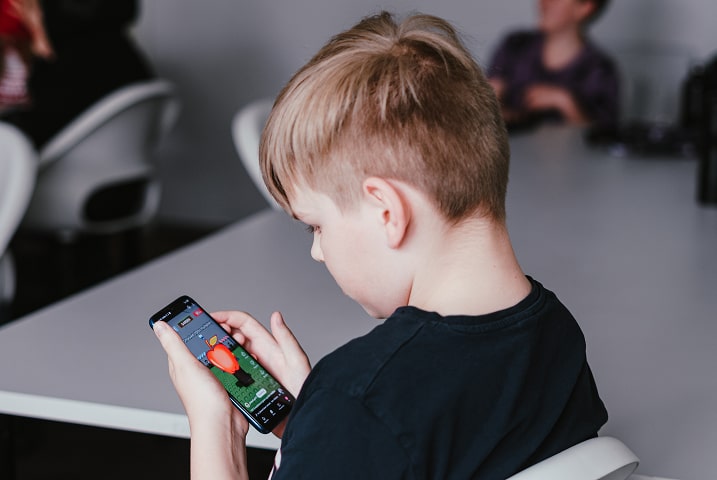Hey there, curious parents! 👋 Let’s talk about something that’s on every modern parent’s mind: digital well-being in a rapidly evolving world. Our kids are digital natives, but this new reality comes with new challenges.
Jonathan Haidt, in his groundbreaking book The Anxious Generation, shines a powerful light on a concerning truth: since the early 2010s, we’ve seen a dramatic and alarming rise in anxiety, depression, self-harm, and suicidality among young people 1. This isn’t just a hunch; it’s backed by compelling data, showing a “Great Rewiring of Childhood” where screens have increasingly replaced real-world play and social interaction. Haidt identifies four critical harms: social deprivation, sleep deprivation, attention fragmentation, and addiction 2. With teens spending 6-8 hours a day on screen-based leisure, the urgency for a solution couldn’t be clearer.
You worry about “brain rot,” about your child’s focus dwindling, about them losing critical thinking skills in a sea of passive consumption. We hear you. And at BrAInClub, we’re not just acknowledging this problem; we’re providing a vibrant, proactive solution to equip your child to thrive, not just survive, in the digital age. We are committed to setting the standard for innovative after-school digital wellness activities.
BrAInClub: The Future of After-School Digital Wellness is Here!
As pioneers in the field, BrAInClub offers a unique, holistic, and incredibly fun program that directly addresses the challenges of the anxious generation. We empower young minds with a powerful blend of:
- Virtual Reality (VR) based Cognitive Training Games
- EEG/fNIRS Neurofeedback Training
- Ethical AI Literacy Lessons
Think of BrAInClub as the ultimate gym for their brains, designed to build resilience, enhance cognitive function, and instill lifelong digital wellness habits.
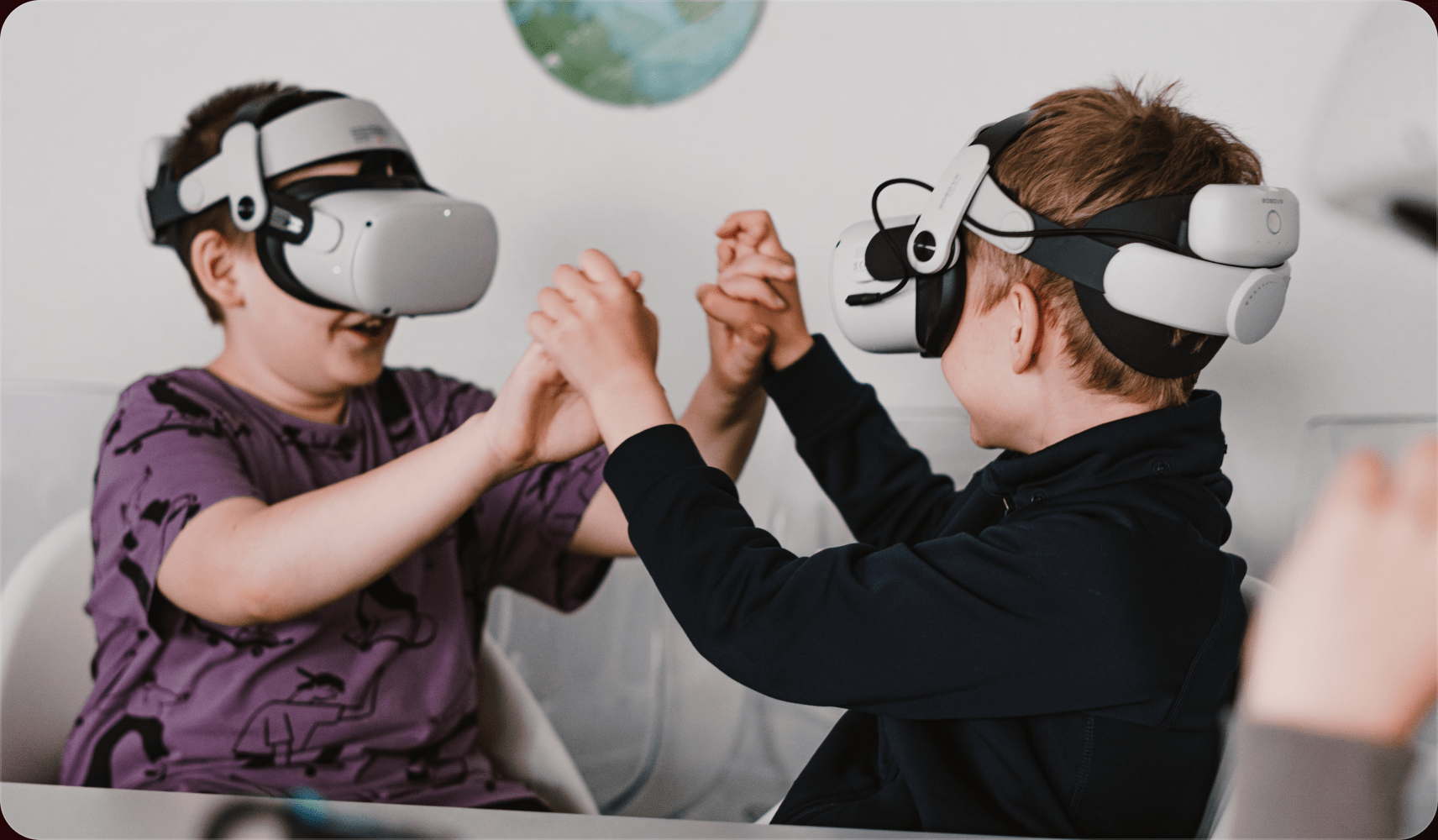
A child engaged in a VR game, perhaps reaching out or solving a puzze within the virtual environment, showing focus and engagement.
🎮 Level Up Their Minds with VR-Based Cognitive Training Games!
Imagine your child not just playing games, but actively making their brain stronger while they’re immersed in incredible virtual worlds! Our VR games are engineered for deep engagement, making cognitive training feel like an epic adventure.
We utilize cutting-edge VR experiences, like Mastermind Cognitive Training (you can explore it on the Meta Quest Store: Mastermind Cognitive Training). Unlike passive screen time, VR offers unparalleled immersion that engages multiple senses and motor skills, making the learning deeply impactful. This isn’t just about fleeting fun; it’s about making cognitive improvements that stick and seamlessly transfer to real-life challenges.
Research consistently demonstrates VR’s power as a cognitive training tool. It provides a more ecologically valid and engaging experience than traditional methods, helping to develop vital skills such as:
- Sharpened Memory & Attention: Through dynamic scenarios that demand focus and recall.
- Enhanced Problem-Solving: Tackling intricate challenges in virtual environments that mirror real-world complexities.
- Boosted Task Flexibility: Adapting quickly to new rules and smoothly transitioning between different cognitive demands.
- Improved Emotion Regulation: Learning to manage feelings and responses within safe, controlled virtual settings that can simulate triggering contexts 3.
At BrAInClub, we transform screen time into a powerful catalyst for cognitive growth, ensuring that the skills learned in VR benefit every aspect of your child’s daily life.
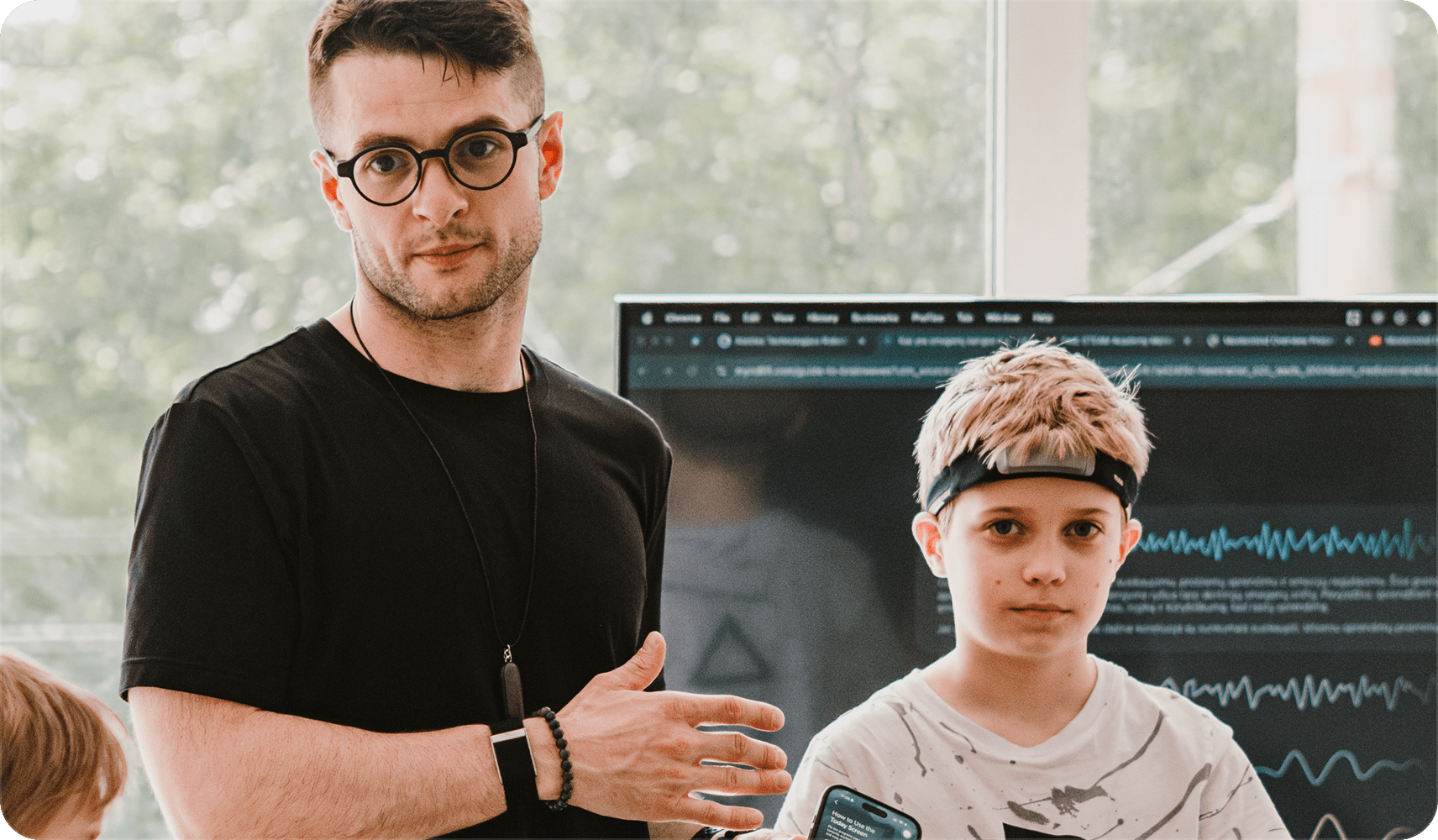
A close-up of a child wearing a MUSE S or MENDI headband, looking relaxed but focused, perhaps with a subtle graphic overlay showing brainwave patterns or a calm, green progress bar.
🧠 Tune In and Power Up with Advanced Neurofeedback Training!
Ever wished you could fine-tune your child’s brain for optimal performance? With Neurofeedback, you can! This fascinating, non-invasive training empowers individuals to directly learn how to regulate their own brain wave activity. It’s like giving your brain a real-time mirror, allowing it to see its own patterns and learn to optimize them for better function.
At BrAInClub, we use world-class neurofeedback tools: the MUSE S headband (Learn more about MUSE S) and MENDI neurofeedback tools (Explore MENDI). These state-of-the-art devices provide immediate, intuitive feedback, enabling your child to actively train their brain for peak performance.
Studies confirm that neurofeedback can significantly enhance academic performance by improving crucial cognitive processes like attention and memory 4. Through our expertly guided EEG/fNIRS neurofeedback training, your child can learn to:
- Sustain Focus and Concentration: Critical for academic success and daily tasks.
- Elevate Memory Recall: Making learning new information easier and more effective.
- Master Emotional Regulation: Gaining greater self-control and resilience in managing their feelings and responses.
It's a powerful, data-driven approach to developing sustained attention and cognitive control, equipping your child with essential tools for a thriving future.
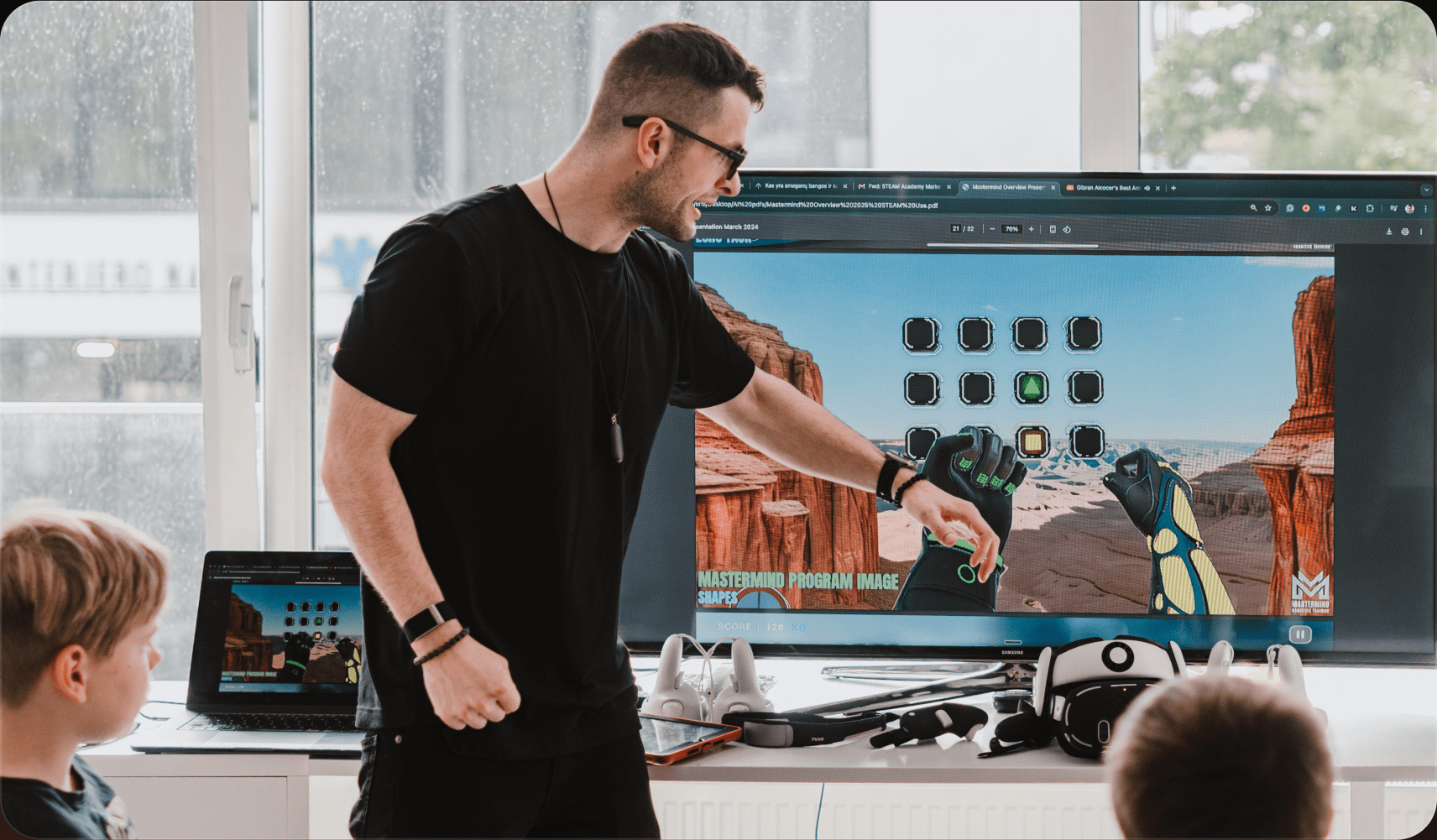
A child interacting with a computer, looking curious and engaged, with abstract AI-related graphics subtly overlaid on the screen or around them, indicating thoughtful engagement with technology.
🤖 Mastering the Digital World: AI Lessons for Critical Thinkers!
In a world increasingly shaped by Artificial Intelligence, understanding AI isn’t just an advantage—it’s a fundamental life skill. At BrAInClub, we don’t just embrace AI; we teach your children how to use it ethically, safely, and effectively, positioning them as thoughtful leaders, not just passive consumers.
We equip young minds with the advanced critical thinking skills necessary to navigate and leverage AI tools responsibly. Why is this so crucial? As Jonathan Haidt argues, the “Great Rewiring” has led to a generation unprepared for the complexities of the digital world. Over-reliance on AI without critical engagement can lead to “cognitive debt,” where users exhibit reduced brain activity and struggle with fundamental tasks, as highlighted by MIT Media Lab research on LLM-assisted writing 5.
Our AI lessons are meticulously designed to:
- Cultivate Critical Thinking: We encourage children to question, analyze, and evaluate information generated by AI, fostering intellectual independence.
- Instill Ethical AI Use: Guiding them through the moral and societal implications of AI, promoting responsible and thoughtful application.
- Develop Digital Fluency & Agency: Empowering them to be confident creators and discerning users of technology, ready for future innovations.
We specifically teach children how to safely control and utilize cutting-edge yet child-friendly AI tools, including secure LLMs STUDIOS and Google LABS AI tools for kids. Rest assured, these platforms are carefully chosen for their safety, utility, and educational value. It’s about empowering them with powerful tools while ensuring their digital environment is nurturing and secure.
BrAInClub: Leaders in Digital Wellness for the Anxious Generation
At BrAInClub, we’re not just offering another after-school activity; we’re spearheading a movement. We are dedicated to building a generation of confident, resilient, and cognitively robust individuals ready for the complexities and opportunities of the 21st century. Our comprehensive approach to digital wellness ensures your child develops a healthy, balanced, and empowered relationship with technology. We’re here to help their minds be healthy, fit, and truly ready for whatever the future holds.
Ready to transform your child’s digital experience and unlock their full cognitive potential? Find a BrAInClub near you!
References & Further Reading
- Haidt, J. (2024). The Anxious Generation: How the Great Rewiring of Childhood is Causing an Epidemic of Mental Illness. Penguin Press. (General reference to the book’s core argument and data points on rising mental health issues). ↩︎
- Haidt, J. (2024). The Anxious Generation: How the Great Rewiring of Childhood is Causing an Epidemic of Mental Illness. Penguin Press. (Specific reference to the four harms: social deprivation, sleep deprivation, attention fragmentation, and addiction). ↩︎
- A Controlled Pilot VR Study Focused on Improving Emotion Regulation, Internalizing Symptoms, and Cognitive Functions in Adolescents at Risk of Executive Dysfunction ↩︎
- The Effect of Neurofeedback on Academic Performance in Students with Academic Failure ↩︎
- Your Brain on ChatGPT: Accumulation of Cognitive Debt when Using an AI Assistant for Essay Writing Task ↩︎
- For more on the science behind VR and cognitive training: Virtuleap Science
- Explore more research on VR for cognitive training and rehabilitation: Frontiers in Virtual Reality
- Learn about digital health interventions for cognitive function: Frontiers in Digital Health

